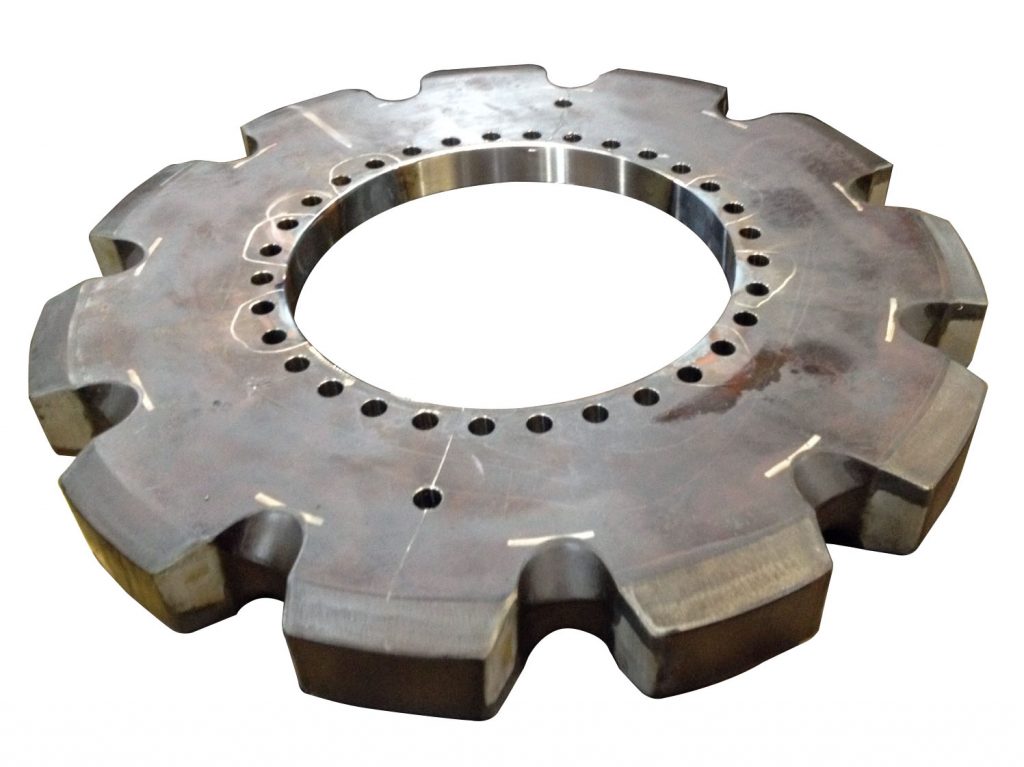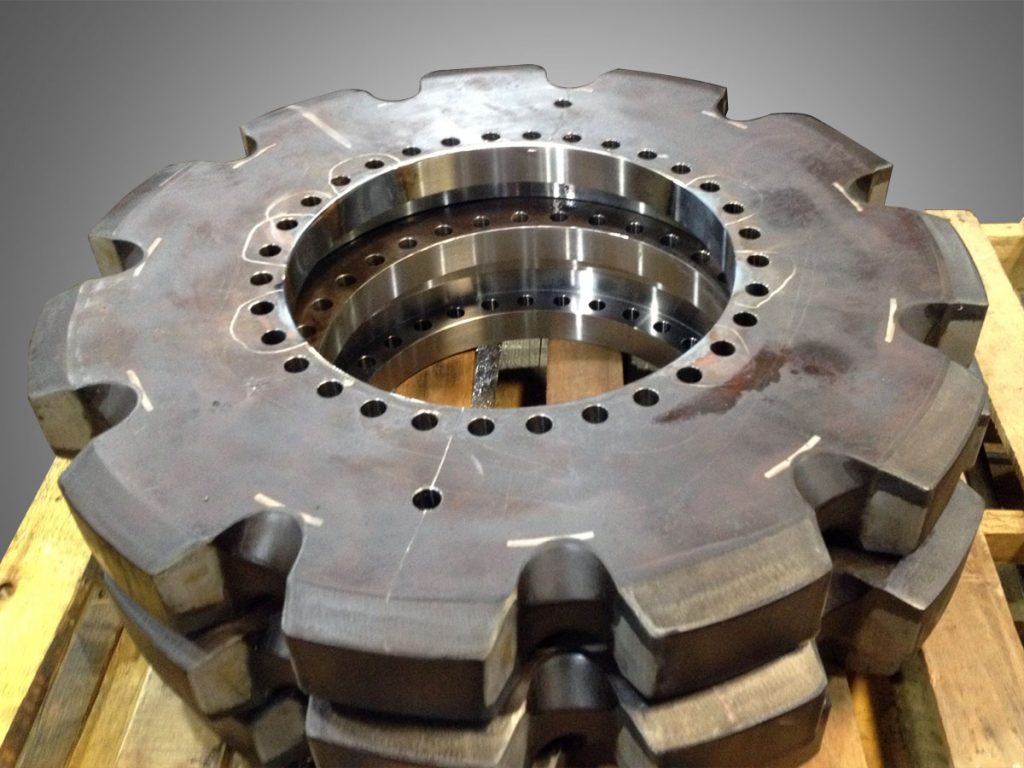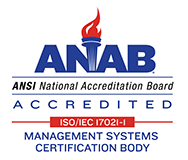Dewatering Process
What Is Dewatering?
Dewatering is necessary for various applications such as excavations, groundwater removal, open pits, slurry transfer, and well point installation. The process is necessary on particular construction sites to allow work to continue in a safe manner when water has accumulated in excavations or in places with a high water table.
In some areas, especially near the ocean (such as many parts of Florida), there tends to be an issue with sandy wet soil which is hard on equipment parts and nearly impossible to keep the soil from collapsing.
Methods & Best Practices
To complete the dewatering process, contractors must trench the area to physically get to the water to remove it. The trenching equipment necessary for this step must be able to handle these sandy soils which are both abrasive and very heavy.
Most sands are mainly composed of silica, or quartz, which is harder than steel and thus is incredibly rough on machinery with its abrasiveness.
As well, the act of trenching is very hard on lifting machinery because the weight of wet sandy soil is substantial.
Trencher Equipment Parts Manufacturer
Cogmatic manufactures special large sprockets specifically for the machinery used in the trenching process, provided for contractors and service companies that offer the dewatering service.
These special sprockets have various benefits over others:
- Hardened for wear resistance
- “Fat” tooth design & manufacture
- This fat tooth can handle the extra heavy loads trenching machines used in dewatering put on the digging chain and the sprockets.
- Some of these machines use 500 HP (or more) to trench the soil. The load put on the teeth is such, that a double pitch chain is necessary. Double pitch chains skip a roller to increase the spacing between rollers.
- Cogmatic sprockets fill in that extra space with these “fat” teeth to improve load carrying ability, increase wear, and thus increase the service length of the sprocket.

Invest in something that will last. Contact us today to learn more about our trenching sprockets, or request a quote now (414) 353-7500.
When you get to the pumping phase, these tips will keep you safe and within regulations:
- Understand all local and federal environmental protection laws before beginning and apply for permits well in advance so you can begin on time.
- Avoid draining onto slopes – massive erosion can occur!
- Continuously monitor the dewatering and discharge areas (if nearby) and look for signs of erosion.
- Test groundwater and large pits of standing water for contaminates – this may add a necessary water treatment step to your dewatering process.




